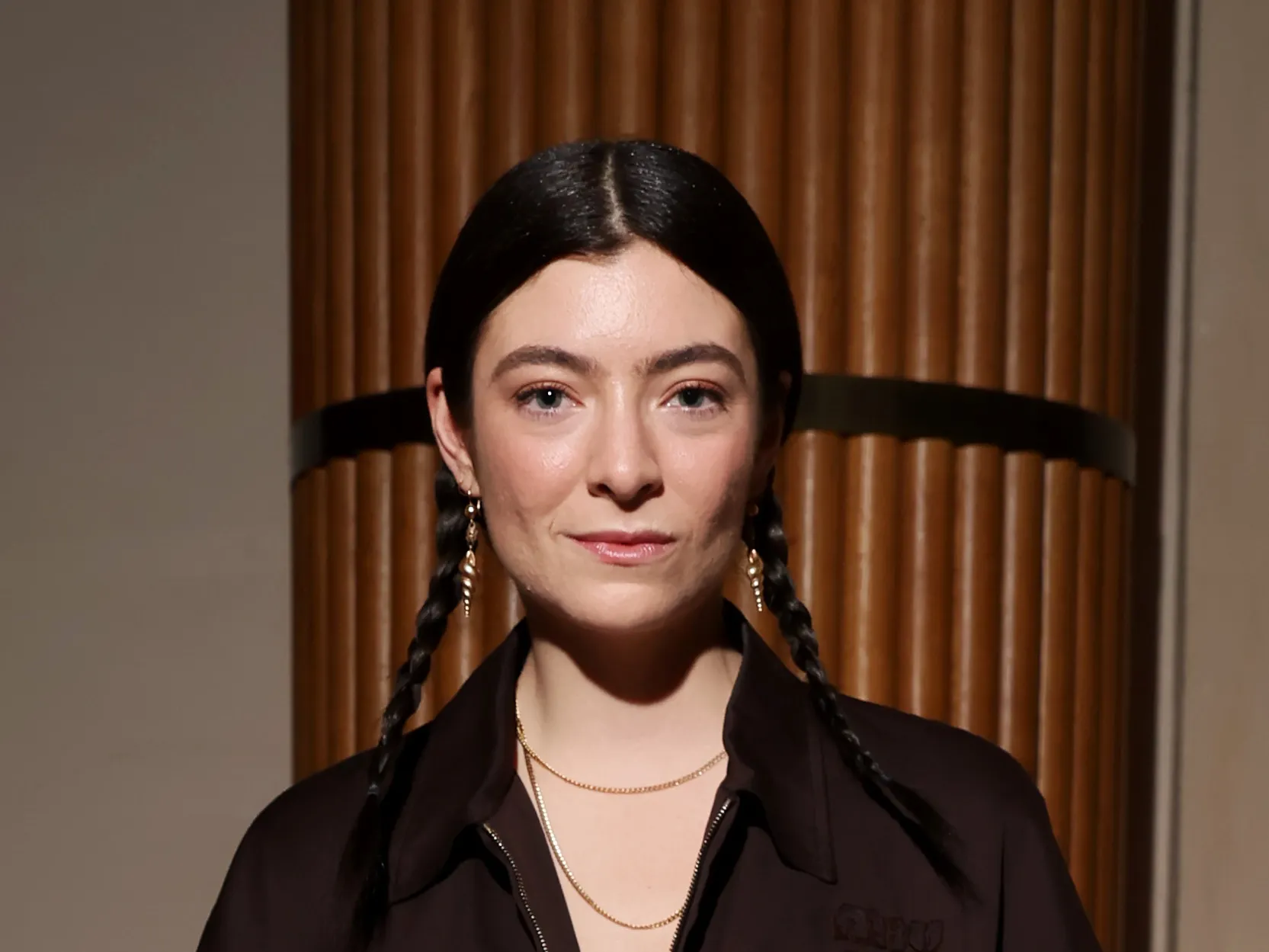Lorde, the Grammy-winning artist known for her introspective music, recently discussed her evolving gender identity in an interview with Rolling Stone. Over the past few years, Lorde—born Ella Marija Lani Yelich-O’Connor—has found her sense of gender becoming “way more expansive.” This evolution is reflected in her upcoming album Virgin, particularly in the lyrics of the opening track, where she sings, “Some days I’m a woman / Some days I’m a man.” The line sparked curiosity among friends, including fellow artist Chappell Roan, who asked if Lorde now identifies as nonbinary.
Embracing Fluidity While Acknowledging Privilege in a Nuanced Gender Identity Journey
In response to such questions, Lorde shared that while she does sometimes feel a masculine energy, she doesn’t see herself as nonbinary or feel comfortable labeling it rigidly. “I’m a woman except for the days when I’m a man,” she explained. Although she acknowledges feeling “in the middle gender-wise,” she prefers not to box herself into specific identities or pronouns and continues to identify as a cisgender woman. Her comments reflect a nuanced personal perspective on gender, emphasizing the fluidity of her experience.

Lorde was careful to distinguish her experience from those of people who are trans or nonbinary. She made it clear that she does not see her gender journey as particularly radical and emphasized that she isn’t trying to take space or attention away from individuals with more at stake. “I’m, comparatively, in a very safe place as a wealthy, cis, white woman,” she noted, showing awareness of the privilege and safety she has in exploring her gender identity.
Exploring Gender Through Healing, Psychedelics, and Letting Go of Regulated Femininity
The singer attributed much of her gender reflection to changes in her mental and physical health routines. She shared that taking psychedelics and stopping birth control, after a decade of use, were pivotal. Lorde described the latter decision as a symbolic break from a “regulated femininity,” stating that it felt like cutting a cord that led to new self-awareness. This shift played a significant role in expanding her understanding of gender and her place within it.
Ultimately, Lorde’s revelations are part of an ongoing, deeply personal exploration rather than a declaration of a new identity. She aims to express herself authentically without redefining her public label or overshadowing marginalized voices. Through both her music and interviews, Lorde is continuing to explore what gender means to her—an introspective journey she’s choosing to share in her own words and on her own terms.


